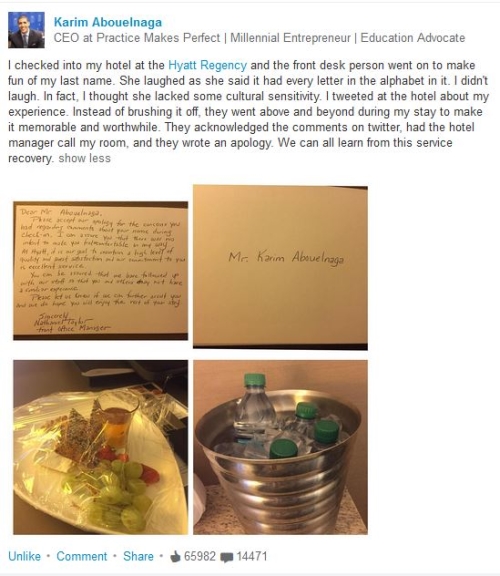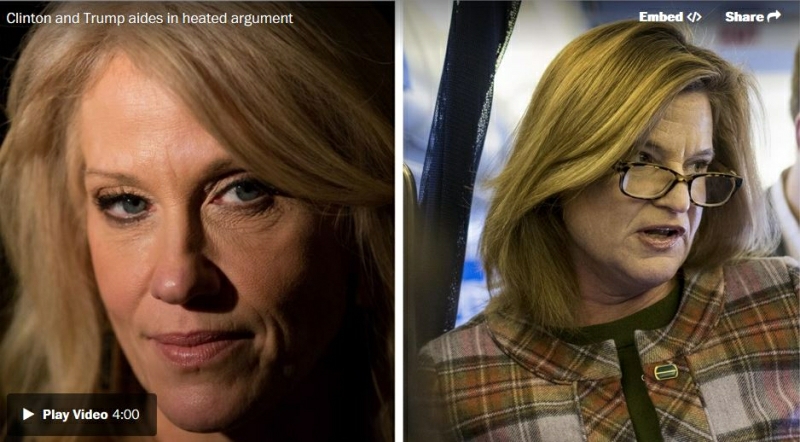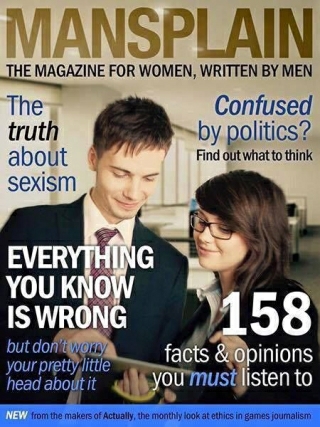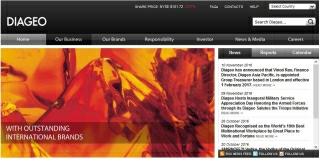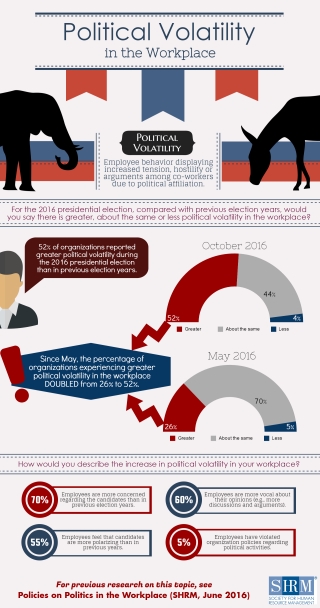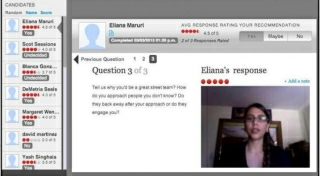Dear USHG Colleagues,
It is a gray, damp morning in New York City and by the empty, downward looks on the faces of some of the same pedestrians I see almost every morning on the way to work, it seems that many did not sleep a whole lot last night. Other than the usual sirens and periodic honking car horns – my morning walk was far quieter and more self-reflective than usual. Like others, I am working hard to sort out my own feelings so that I can be there for my family and for you. I'm not going to sugar coat it: this is tough.
Before any of us can make sense of what will transpire in America following this election, let's acknowledge what we do know:
1) Democracy works. This campaign was hard fought, and Americans came out in droves to make their votes count. We will have a new, democratically elected president who prevailed in the Electoral College, and the results will be accepted, even if not appreciated by the slight majority of voters who voted elsewise. Do not underestimate how important and how unusual that is among the world's nations.
2) For those who feel completely shocked and disappointed by the election results (didn't all the polls tell us it would be otherwise?), note that the outcome itself mirrors the very theme of the entire election: that as a country we have done an inadequate job of listening to or hearing one another, and when enough people don't feel heard, massive change is inevitable. When will we learn that it is far more important for people to feel heard – even than to be agreed with? As a country and as a society which too often prizes shouting over respectful listening, we have clearly done a poor job at that.
3) Donald Trump will be our next president. I acknowledge that I found it hard to type those words, but there, I did it, and it was actually therapeutic. Acceptance of reality is never a bad first step to healing.
4) My dogs woke up today wagging their tails, wanting to be fed, and needing their morning walk. They slept perfectly well last night, and I believe they are fully prepared to accept the election results so long as they continue to be loved and cared for by the human beings they love: their family. I learned something from them this morning.
5) Other than feeling really tired and somewhat off kilter, I did my usual morning routine. I remembered to shave, managed to put on both socks and shoes, and got myself to work. I've already given five hugs today, and received five in return. They won't be the last.
6) We are an incredibly resilient country and company, and there is no way that the results of this election are going to erode our ability to pick ourselves up and to persevere. When faced with any type of adversity, we have always found ways to end up in a better place, and this time will be no different. I feel confident that we will all see the sun shining – even before the end of this week.
As I wrote to you the night before the election – even before knowing these results – we have both a responsibility and a powerful opportunity to lead with our strongest suit: hospitality. The root of the word hospitality is hope, and hope is optimistic. I need each one of you to remember this : that every single person who chooses to dine at one of our restaurants – or anywhere we serve food, is primarily paying us to deliver the four gifts we are capable of doing better and more consistently well than anyone else:
1. Eye Contact – let people know you see them!
2. Smile – let people know you are happy to see them!
3. Hug – let people know that in making them feel good, you feel good!
4. Good food – give them the pleasure they came for!
Give those gifts with abandon, and we will show one another, and our guests why we are champions. It always works.
Enlightened Hospitality works and over the course of our company's history, whenever we have been tested by challenges, whenever our world has been rocked, and times are uncertain – we have turned to what we know and do best: first taking care of ourselves, so that we can do a remarkable job at taking care of others. I'm holding myself accountable to that, and need you to do the same. And that begins with listening.
I am aware that many in our community may have woken up this morning feeling just as elated by the election results as others are feeling deflated. I honor that, and want to learn from every single point of view. What a privilege we have to be a company that provides tables at which people can break bread, communicate their feelings, be heard, and advance what is best about being human!
Writing this has given me the opportunity to express myself to you, and if you've read this far, you've given me the gift of being heard. I hope you will examine your own feelings, and feel safe expressing yourself to your colleagues, and give them the gift of doing the same.
It is eminently clear to me that people who feel, express, listen, hear, and love is who we are, and what we must do for one another, and for our guests.
I promise to do that to my utmost for you.
Danny
Danny Meyer | CEO
Union Square Hospitality Group
www.ushgnyc.com
 Kraft Heinz won't have a commercial in this year's Super Bowl, but the company will give employees Monday off. Joking that the day after, #SMunday, should be a national holiday, Heinz started a petition on change.org:
Kraft Heinz won't have a commercial in this year's Super Bowl, but the company will give employees Monday off. Joking that the day after, #SMunday, should be a national holiday, Heinz started a petition on change.org:






